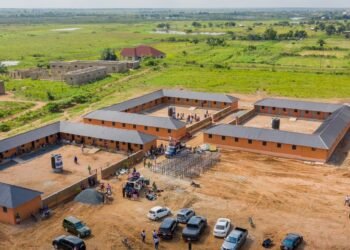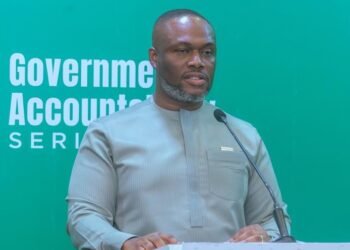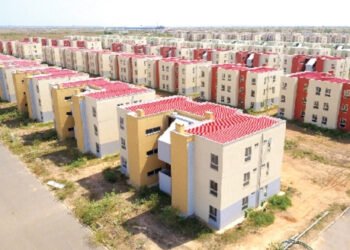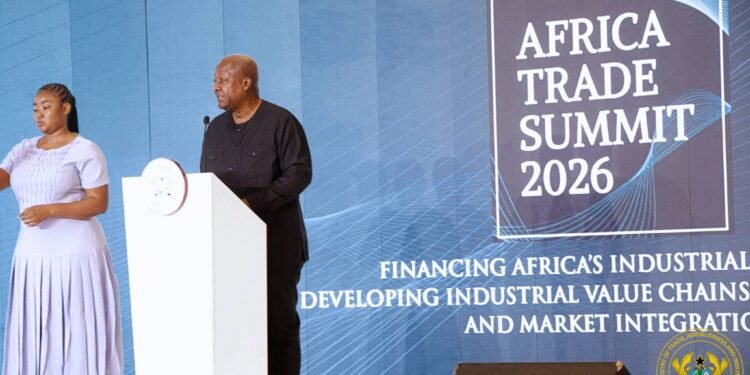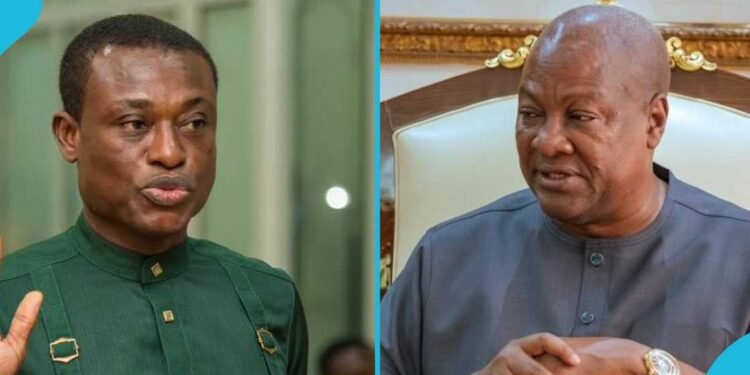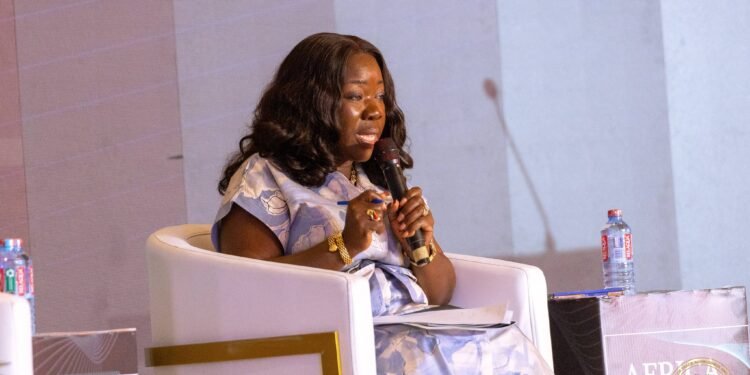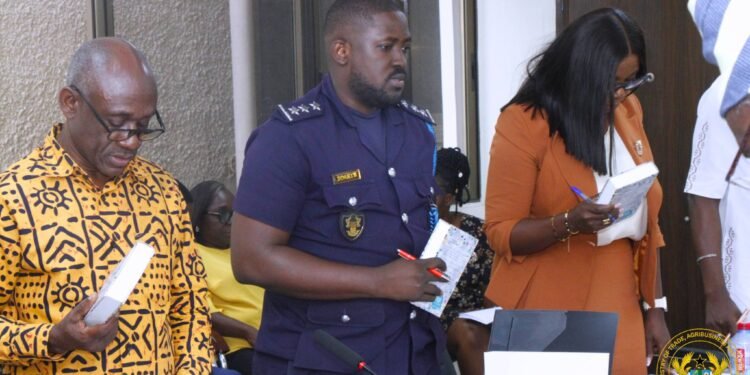The ongoing fight against galamsey, or illegal mining, faces an even greater challenge as communities and powerful local networks continue to drive the practice, according to Professor Michael Ayamga-Adongo, Deputy CEO of the Environmental Protection Agency (EPA).
Prof. Ayamga-Adongo emphasized that illegal mining has evolved from an individual crime into a deeply rooted community activity that now poses one of Ghana’s most complex environmental and social problems.
He noted that illegal mining is already recognized as a serious crime under Ghanaian law, and anyone caught engaging in the practice will face “the full rigors of the law.”
However, he explained that over the years, societal perceptions have shifted, with some rural communities now viewing galamsey as a legitimate source of livelihood.
“When you go in there to engage, they tell you if you allow white people to come and mine, why shouldn’t they be the legal owners of the land mine gold? So this is a psyche that has unfortunately sunk down in the various communities.”
Professor Michael Ayamga-Adongo
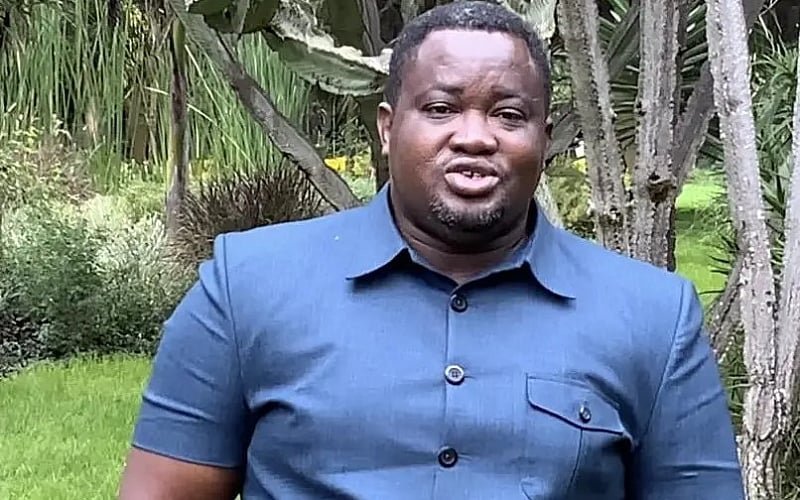
This mindset, Prof. Ayamga-Adongo warned, has made the fight against galamsey even more difficult.
“The community resistance that we had at the beginning of the whole galamsey fight has disappeared,” he lamented, adding that this decline in opposition from local populations has weakened enforcement efforts.
Local Power Structures Driving Illegal Mining
While foreign nationals have often been blamed for illegal mining, Prof. Ayamga-Adongo clarified that the primary drivers are now Ghanaians, particularly young people who see galamsey as a fast way to earn money.
Behind them, he said, are influential figures with deep pockets and extensive networks. “There is a lot of power engaged in illegal mining, and they are not just politicians,” he explained.
These networks include traditional leaders, local authorities, and even respected professionals who outwardly speak about politics while secretly benefiting from illegal mining operations.
Prof. Ayamga-Adongo acknowledged that some have suggested declaring a state of emergency in the most affected areas.
However, he believes that the window of opportunity has passed. Deploying the military with shoot-to-kill orders, he warned, would lead to catastrophic consequences.
“Is it an option to send the military in there with the order to shoot to kill people in the thousands?” he asked, stressing that galamsey operators are heavily armed and would engage in a deadly cat-and-mouse game with security forces.
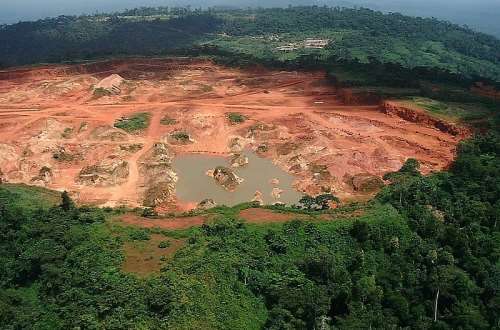
According to Prof. Ayamga-Adongo, the key to ending galamsey lies in cutting off its financial lifeline.
“We need to slowly but consistently tighten the money that flows into it and make sure that access to the equipment is where the damage is coming from.”
Professor Michael Ayamga-Adongo
A major part of this strategy, he suggested, would involve stricter monitoring of gold exports. By creating a system to differentiate “clean gold” from what he described as “dirty gold” mined illegally, authorities can disrupt the flow of funds back into galamsey operations.
If profits are reduced, illegal mining activities will become harder to sustain.
The movement of heavy equipment, such as excavators, must also be strictly controlled.
Prof. Ayamga-Adongo observed that ongoing government efforts in this area, though slow, are beginning to show results and should eventually make it more difficult for illegal miners to operate at scale.
Unemployment Fuels the Galamsey Crisis
Prof. Ayamga-Adongo highlighted unemployment as a major factor driving young people into illegal mining. Over the years, limited job opportunities have left many with no viable alternatives.
He described how many of those engaged in galamsey are armed, involved in drug abuse, and ready to unleash violence if threatened. This, he warned, makes it impossible to simply push them out of the sector through force alone.
To address this, he urged the government to invest in retraining programs and create alternative livelihoods. Without this, the problem will persist, as desperate individuals will continue to see galamsey as their only option.

He also revealed that while foreign players such as Chinese nationals have taken a step back, they now operate behind the scenes, pushing local Ghanaians into the frontline. “The fight now is about Ghanaians against their own people in their own communities, not like foreigners.”
Prof. Ayamga-Adongo expressed frustration that some groups and individuals are using the galamsey issue as a political tool.
He explained that certain actors deliberately frame the government’s struggles against illegal mining as weakness, using it to raise funds or gain political advantage.
“I know some people engage in galamsey advocacy because the thing is a political tool. Others do it for political gain. They want to make the government look weak.”
Professor Michael Ayamga-Adongo
He concluded by emphasizing the need to “follow the money trail.” By cutting off the funds that sustain illegal mining, Ghana can begin to regain control over its natural resources and protect communities from the devastating environmental and social impacts of galamsey.






